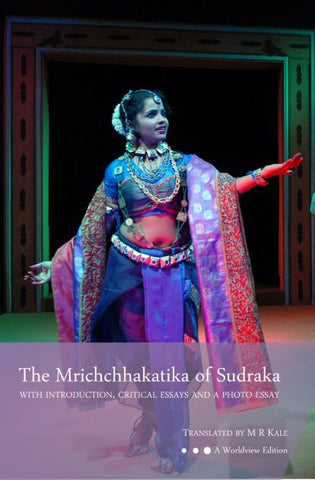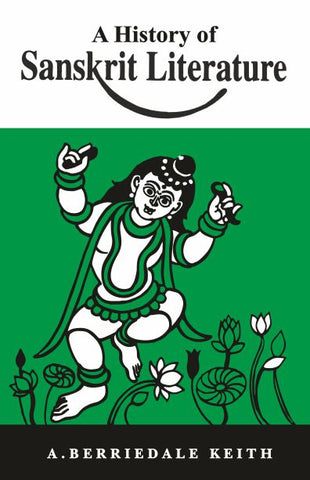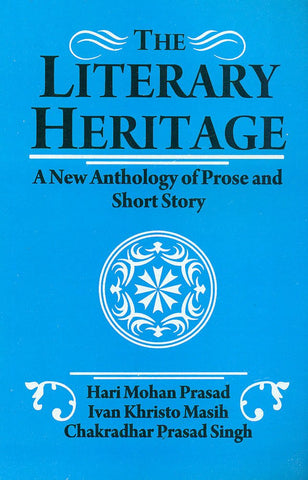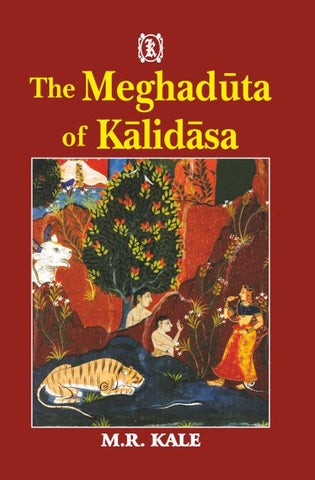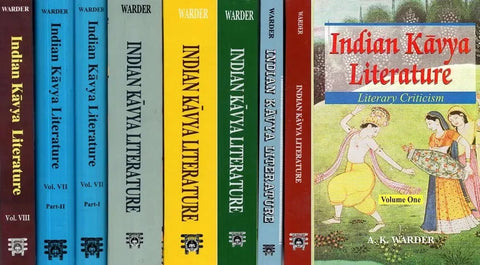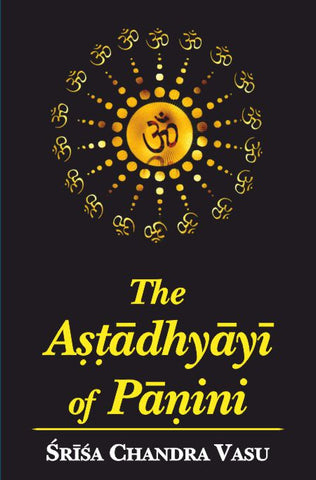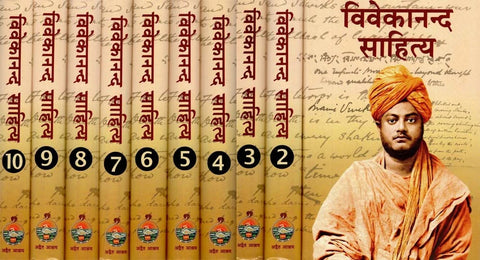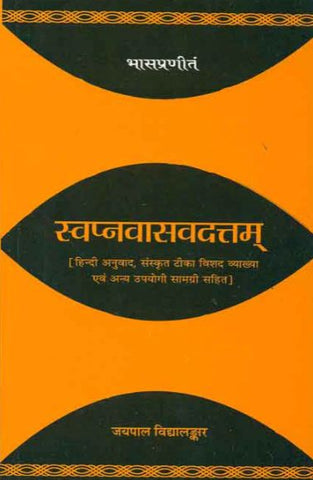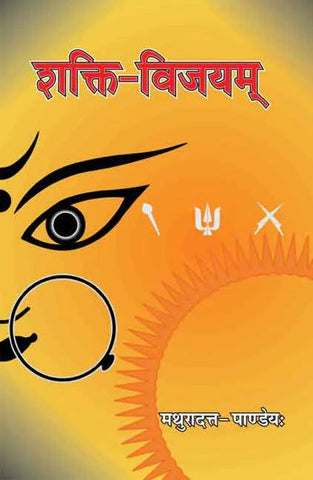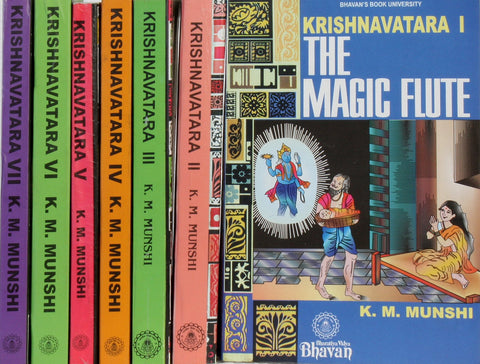Your cart is empty now.
The Travel Accounts of Andhradesa from A.D. 1295- 1831A.D. provides history of the three Telugu speaking geographical regions namely Coastal Andhra or Northern Circars, Rayalaseem or Ceded Districts and Telangana or Nizam territory are traditionally known as Andhradesa. Between 1295 and 1831 A.D. the conditions of Andhradesa had been elucidated by travellers in their accounts. The writings of the travellers were the main sources of information in this period of the region as the number of inscriptions were dwindling in the wake of disappearance of strong native aristocracies. Generally historians opine that the seventeenth and eighteenth centuries were regarded as dark ages. The end medieval time and early modern period was known as transitional period because of non-availability of sources or information relating to society. During this period native kingdoms were almost disappeared or subordinated by the effect of the policy of Imperialism and colonial expansion of the Europeans that ultimately resulted in abandoning of the practice of incising inscriptions. But fortunately during this period many Europeans travellers toured India and vividly described the social, economic, religious and cultural conditions of this land. These travellers' records were used for not only throw considerable light on the 'so called' dark ages but also filled the relevant gaps.
The history of South India in general and Andhradesa in particular were dealt by a number of works, they put high pedestal to political aspects while discussing the social, economic, religious and cultural aspects in the background. Even these works had not used the accounts of travellers completely. The book tries to record and analyse the social, economic, religious and cultural conditions of Andhradesa in proper historical perspective based on the travelogues. An attempt is also made to trace out as to how the travellers tried to understand the life and culture of the natives during their brief stay. The veracity of their statements is also pondered upon following the regressive methodology.
The book contemplates mainly on the accounts of the foreign travellers to explain the social, economic, religious and cultural conditions of Andhradesa as preserved in their accounts from the late medieval to the early modern period. Such records are very useful to have a thorough understanding of the social history especially the indigenous habits, festivals, customs, cultures, marriage practices, division of the society, conditions of widow, sati practice and the life styles of the local people as depicted in their writings. The economic aspects like the division of labour, the rural and urban economy. primary and secondary sectors of production and exchange sector are intricately discussed in these works and they unfold some vital information regarding the economic life of Andhradesa. Likewise, they recorded their impressions on religious and cultural aspects of Indians, more precisely those of the Hindus and Muslims. They elaborately discussed on the multifarious gods worshipped, the festival they celebrated, faiths, beliefs and superstitions apart from the relations of the adherents of various religions. As far as possible, the names of the places like the ports, cities, towns and villages as mentioned in the travelogues are retained and used throughout the book. However, the identified places or the modem names of the old ones that were mentioned in the travel accounts are given in the brackets, wherever necessary.
Jeedigunta Chalapathi Rao received his M.A and M.Phil degrees from Andhra University, Visakhapatnam and Ph.D. degree from Dravidian University, Kuppam, Andhra Pradesh. At present he is working as Assistant Professor in the Department of History, Kasthurba College for Women, Villianur, Pondicherry. In his career he attended and presented papers in one International conference and 22 National Seminars as well as he also published eight articles in peer reviewed journal and conference proceedings. His research interests are in subaltern studies, social and economic history of south India.
Delivery and Shipping Policy
- INTERNATIONAL SHIPPING
- Rs.1000-1100/kg
- ESTD. Delivery Time: 2-3 weeks (depending on location)
- Bubble Wrapped with Extra Padding
- NATIONAL SHIPPING
- NCR: Rs. 30/half kg
- Standard: Rs. 80/half kg
- Express shipments also available on Request
- ESTD. Delivery Time: Ranging from 1-4 days up to 7 business days (Depending on your choice of Delivery)
- TRACKING
- All orders; national or international, will be provided with a Tracking ID to check the status of their respective orders
- Depending on the Shipping Service, Tracking ID may be used on their respective tracking portals
Frequently Asked Questions (FAQs)
Domestic Shipping: 3-4 Days (after shipping)
International Shipping: 1-2 weeks (based on your location)
You will receive an email once your order has been shipped or you can email us if you didn't receive tracking details (info@mlbd.co.in)
Every book that we sell is the latest edition except all the rare books
Yes, we do provide free shipping, only on domestic orders (within India) above Rs.1500









